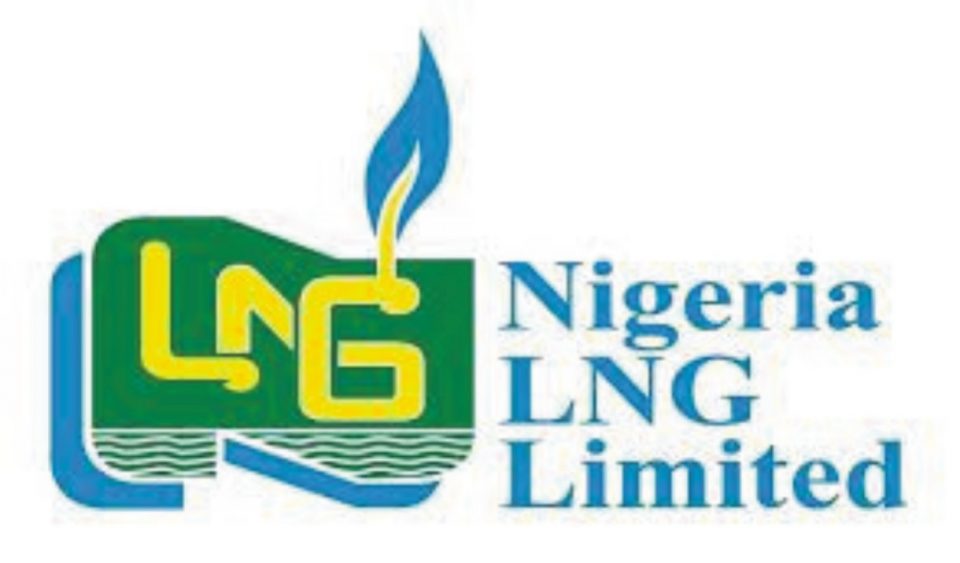Nigeria may have trouble making money and running out of gas because the Liquefied Natural Gas (NLNG) Limited has declared force majeure on its 22 million tons per annum (mtpa) processing plant. This is because widespread flooding has cut off the company’s gas supply.
This could make Nigeria’s cash problems worse and cut off gas supplies around the world, as Europe and other countries try to replace Russian exports lost because of the invasion of Ukraine.
In a statement yesterday, by its General Manager, External Relations and Sustainable Development, Mr Andy Odeh, the NLNG said all of its upstream gas suppliers had declared force majeure, forcing it to make the declaration as well.
“The notice from the gas suppliers was because of high floodwater levels in their operational areas,” Odeh said. “This has caused a major disruption in the gas supply to NLNG.”
He also said that NLNG was figuring out how bad the problem was and would try to make the force majeure less of a problem.
Flooding in Nigeria has killed more than 600 people, displaced 1.4 million, and destroyed roads and farmland.
National Emergency Management Agency (NEMA) revealed last weekend that about 2,504, 095 people have been affected by the worst natural disaster that has ravaged the country in several years.
Flooding caused by unusually heavy rains and the letting of water out of a dam in Cameroon could last until November, officials say.
The supply of NLNG was already limited due to widespread oil theft, which had reduced output from Africa’s largest exporter.
The company had exported roughly 18 cargoes in September, according to industry data.
The company had declared recently that it lost almost $7 billion this year as a result of the impact of the alarming oil theft and pipeline vandalism as it was no longer operating at its nameplate capacity of 22mtpa due to gas shortages.
Nigeria’s foreign exchange and roughly half of its budget are based on fossil fuel exports. Crude oil exports fell below one million barrels per day (bpd) on average in August, the lowest level since the 1980s, due to theft that has exceeded 80 per cent on certain pipelines.

